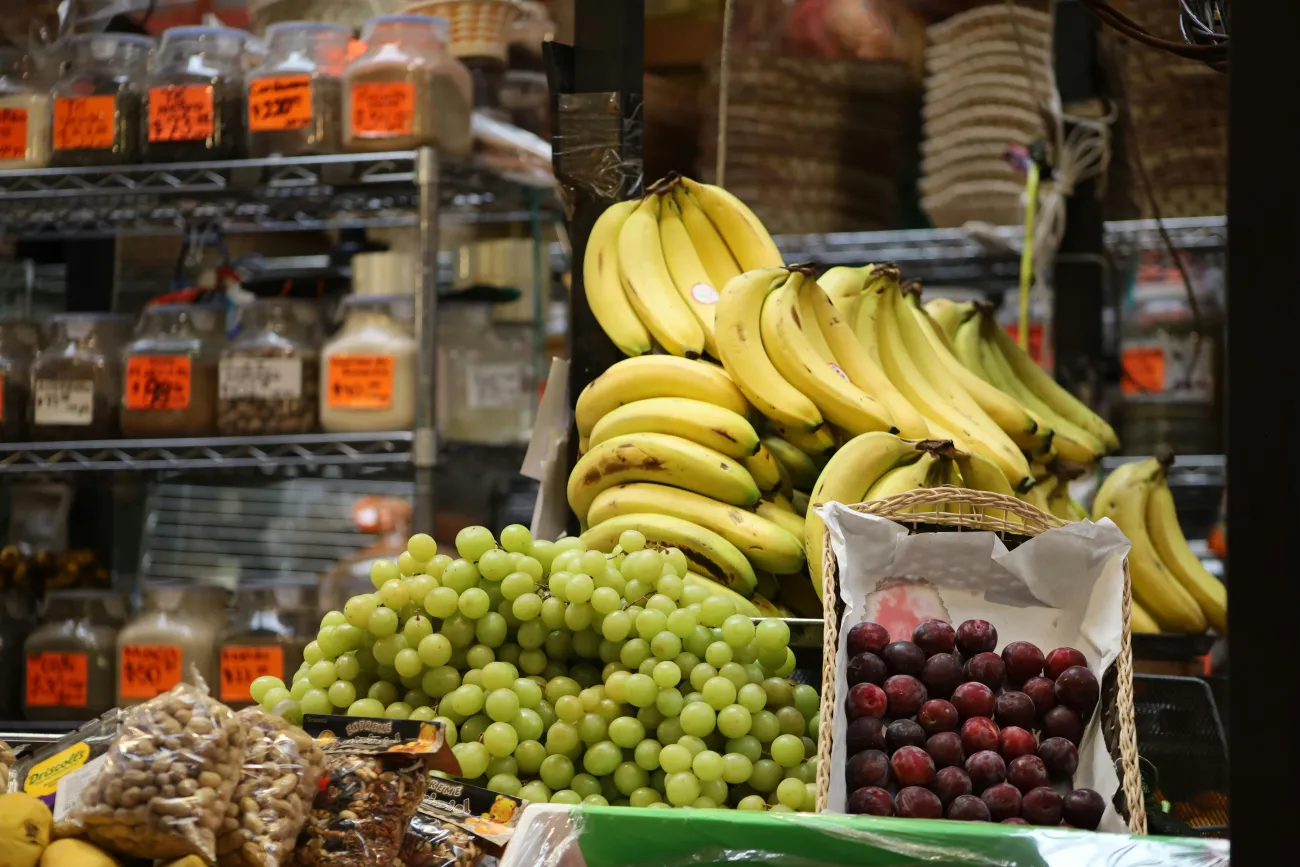This report, Food Systems and Natural Resources”developed by the International Resource Panel (IRP) looks at the use and management of natural resources that go into the food system, the consequences of that management and the options to improve the efficiency with which they are managed.

The IRP was established to provide independent, coherent and authoritative scientific assessments on the use of natural resources and its environmental impacts over the full life cycle and contribute to a better understanding of how to decouple economic growth from environmental degradation.
The authors provide evidence on the need to transition to more ‘resource-smart food systems’, an imperative for achieving at least 12 out of the 17 Sustainable Development Goals (SDGs). The report defines a ‘Resource-Smart’ or ‘Environmentally-sustainable’ food system as a food system in which the environmental basis underpinning food security for future generations is not compromised. Three main principles must be followed to transition towards a resource-smart food system:
- Sustainable use of renewable resources, implying no degradation or depletion of renewable resources, such as land and soils, water and biodiversity.
- Efficient use of all resources.
- Low environmental impacts from food system activities.
Resource-smart food systems are not only about sustainable and efficient food production; the key challenge is to be effective in ensuring overall food security, livelihoods and human health while protecting essential natural resources. Sustainable resource management is about preventing degradation of resources (land, sea, ecosystem services), by reducing overexploitation (for example through regulation, pricing strategies or resource valuation) and adopting effective management practices of landscape elements such as wooded areas, hedges and wetlands. Increasing the efficient use of all resources in all food system activities will help move towards a more sustainable use of renewable resources (e.g. fresh water reserves), lower environmental impacts (e.g. eutrophication from nutrient run-off and lower greenhouse gas emissions) and a lower depletion rate of non-renewable resources (e.g. fossil fuels and minerals).
The report concludes that combined action at different points of intervention and by a diversity of actors throughout the system could lead to resource efficiency gains of up to 30% for certain resources and impacts, and that governments, private sector actors, civil society and consumers all have a critical role to play. The report outlines the action needed from each of these sectors to create more sustainable food systems and suggests a framework for analyzing national food systems, with focus on national resources.
Twelve critical shifts are outlined in the report to create Resource-Smart Food Systems:
1. Reduce food loss and waste.
2. Reorient away from resource-intensive products such as meat, ‘empty calories’ and ultra-processed food; and rethink the ‘food environment’ (the physical and social surroundings that influence what people eat, especially relevant in urban areas) to facilitate consumers adopting more healthy and sustainable diets.
3. Reframe thinking by promoting ‘resource-smart food systems’ in which ‘Climate-Smart Agriculture’ (CSA) plays one part, and search for linkages to new dominant values such as ‘wellbeing’ and ‘health’.
4. Reconnect rural and urban regions and actors, especially in developing regions, where urban actors (e.g. supermarkets) could invest in regional supply chains and improve the position of smallholders.
5. Revalue the pricing of environmental externalities, reinforce legislation to prevent pollution and other forms of environmental degradation and remove subsidies that provide disincentives for better resource efficiency.
6. Reconnect urban consumers with how their food is produced and how it reaches their plates, and inform them about both the health and environmental consequences of dietary choices, protect peri-urban zones around cities and use them for local food production.
7. Research the current functioning of the local, national or regional food systems and their impact on national resources.
8. Reconnect mineral flows between urban areas and rural areas, as well as between crop and livestock production.
9. Reform policies on land and water rights, develop and implement policies at all levels of governments (multilateral, national and local) to enable better resource management and encourage synergistic ‘adaptive governance’ by the wide range of non-state actors (i.e. businesses and civil society) within the food system.
10. Reinvigorate investment in rural infrastructure, education, training, technology, knowledge transfer and payments of environmental services.
11. Research and innovate, to decouple food production from resource use and environmental impacts, and to replace certain inputs (such as pesticides) with ecosystem services (more effective use of ecosystems services and integrated pest management to reduce pesticide use).
12. Rebuild feedback loops by functional and informative monitoring and reporting, at various levels, such as countries, cities and companies.
Citation
Westhoek, H, Ingram J., Van Berkum, S., Özay, L., and Hajer M. (2016). Food Systems and Natural Resources. A Report of the Working Group on Food Systems of the International Resource Panel/UNEP
Read the full report here. You can also see a shorter factsheet here, and a web summary here.




Comments (0)